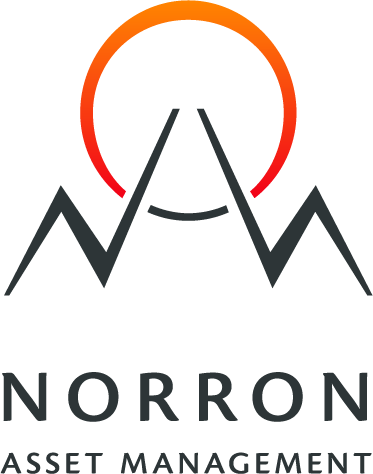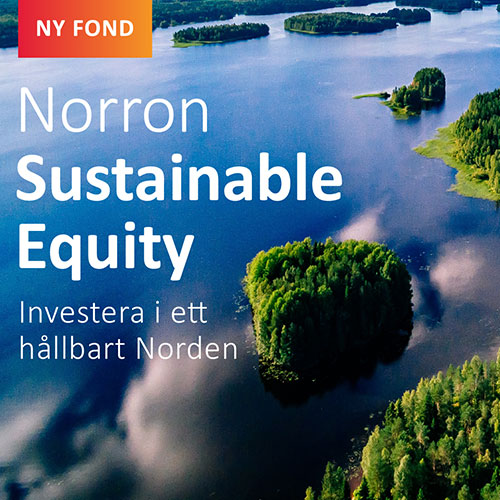Creating Sustainable Value

Sustainability is about the future of our society, today’s industries and businesses as well as commercial success. Sustainability is in everyone’s interest and is therefore everyone’s responsibility. Smaller businesses and larger corporations as well as individuals need to have a sustainable mindset to ensure a positive development – how we produce and consume, and how we measure value and success.
It is no longer sufficient for companies to focus solely on their core activity. Regardless of industry, it has become increasingly important for businesses to have a well-defined sustainability strategy, one which should be part of, and executed in line with, the overall business plan. Thanks to increased knowledge, greater interest and more pressure and scrutiny from society, clients and employees, businesses are now forced to be more transparent and to clearly demonstrate, in policy documents as well as actions, their sustainability efforts. This is something that Norron believes in strongly and applies throughout the organisation.
At Norron we believe that sustainable development should satisfy today’s needs without the expense of future generations. Likewise, sustainable investments should aim for a strong financial performance and be used to contribute to advancements in social, environmental and governance practices so as to experience benefits and improvements in these fields.
Norron’s board of directors has adopted a sustainability policy for the business which sets the guidelines for how to create a long-term and sustainable development for the business, its employees, investors, partners and other stakeholders. This policy also acts as a framework for how Norron, as an investment manager, makes responsible investments in the markets where we are active.
Any investment made by Norron has a direct or indirect impact on the markets we invest in. Consequently, Norron’s fund managers need to take an active approach of ‘screening out’ undesirable companies and ‘screening in’ those that are judged to be sustainable. They also play an advocacy role in the companies they invest in by putting pressure on them to think and act sustainably and improve their social and environmental performance. This takes the form of having an active dialogue and attending regular meetings with company management.








 For swiss investors press here
For swiss investors press here